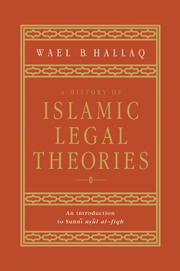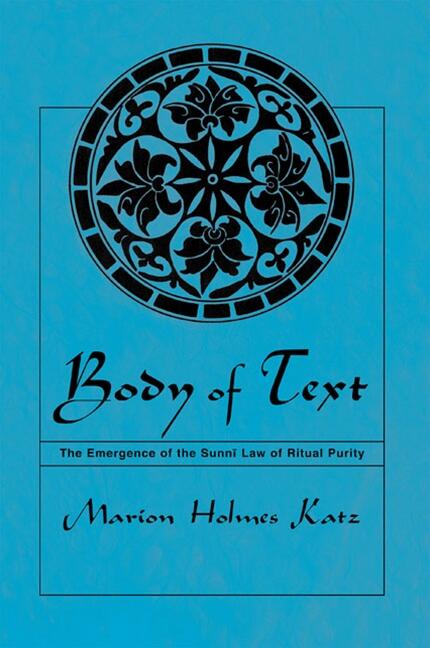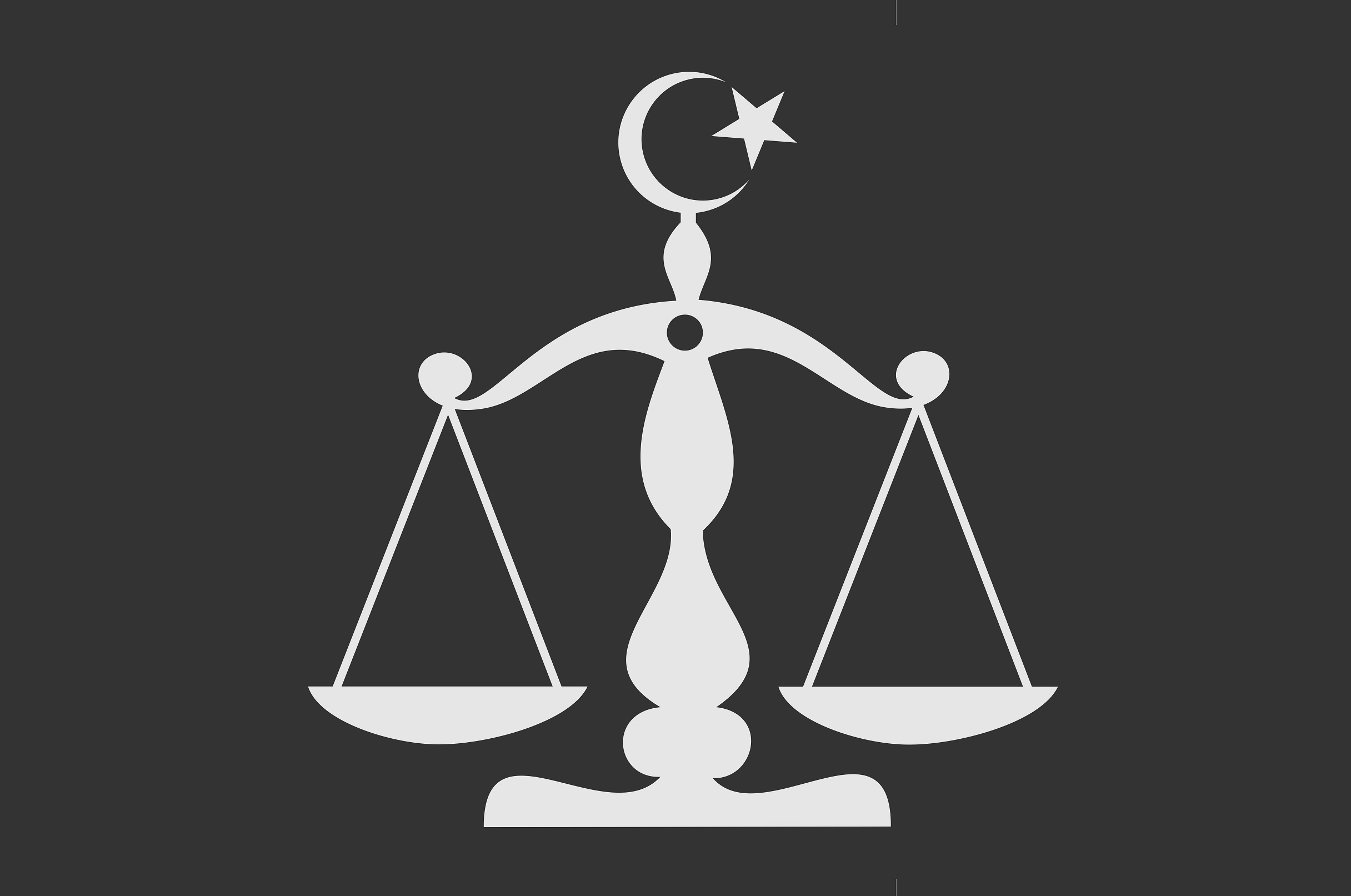Sunni law, also known as Sunni Islamic law, is the legal system adhered to by the majority of Muslims worldwide, who are known as Sunni Muslims. This legal system is based on the principles of the Qur'an, the primary religious text of Islam, and the hadith, the sayings and actions of the Prophet Muhammad, as well as the legal opinions and interpretations of Islamic scholars.
Sunni law is divided into two main categories: the law of worship (ibadat), which deals with the religious obligations of Muslims, and the law of human interaction (mu'amalat), which covers social, economic, and political issues. Within these categories, Sunni law covers a wide range of topics, including marriage, divorce, inheritance, contracts, criminal law, and trade.
Sunni law is not codified in a single legal code like some other legal systems, but rather it is derived from a variety of sources, including the Qur'an, the hadith, the consensus of Islamic scholars, and the practices of the early Muslim community. This approach to legal interpretation is known as ijtihad, which involves the use of independent reasoning and interpretation to determine the best course of action in a given situation.
Sunni law is based on the belief that the Qur'an and the hadith contain all the guidance necessary for Muslims to live a righteous and fulfilling life. As such, Sunni law is seen as a way to implement the principles and values of Islam in the practical affairs of daily life.
Sunni law has a long and rich history, and has been interpreted and applied in different ways in different regions and cultures over time. In many Muslim-majority countries, Sunni law is the primary source of legislation, and it is often used in conjunction with other legal systems, such as common law or civil law. In other countries, Sunni law is followed more informally, with legal disputes being resolved through traditional methods of dispute resolution, such as mediation and arbitration.
Despite its widespread adoption and influence, Sunni law has faced criticism and controversy in some quarters. Some argue that it is too rigid and inflexible, and does not adequately address the changing needs and values of modern society. Others argue that it is too open to interpretation and subject to the personal biases of individual scholars, leading to inconsistency and confusion.
Overall, Sunni law remains a significant and influential legal system within the Muslim world, and continues to shape the lives and practices of millions of Muslims around the globe.









